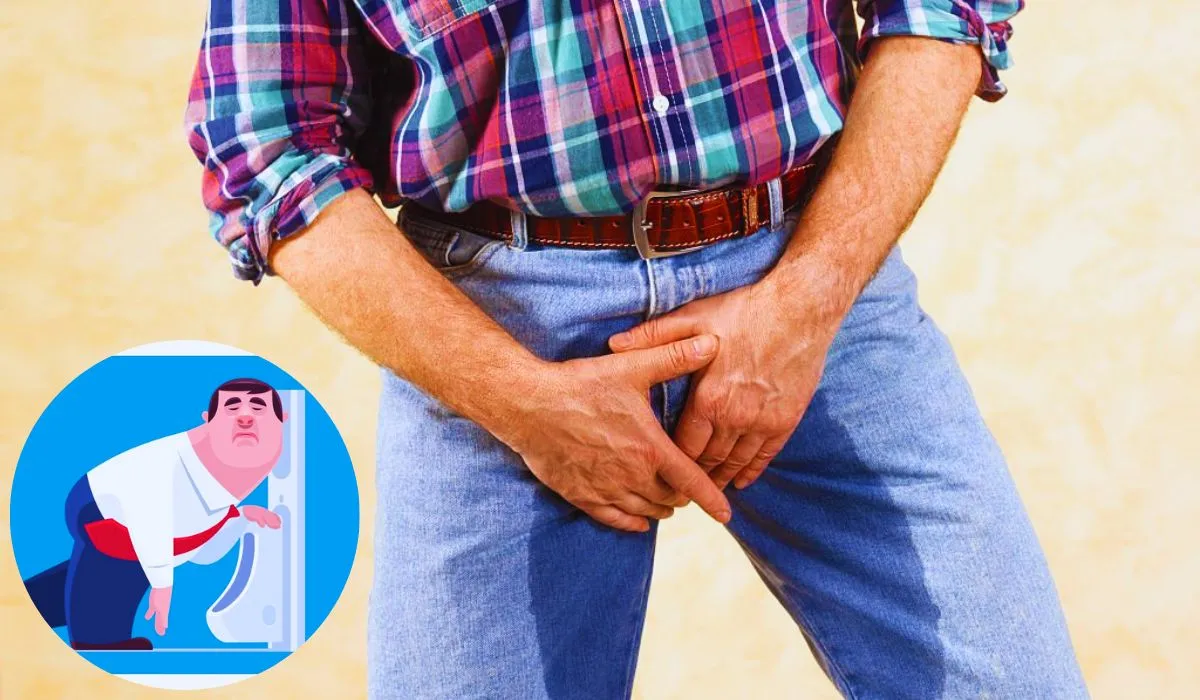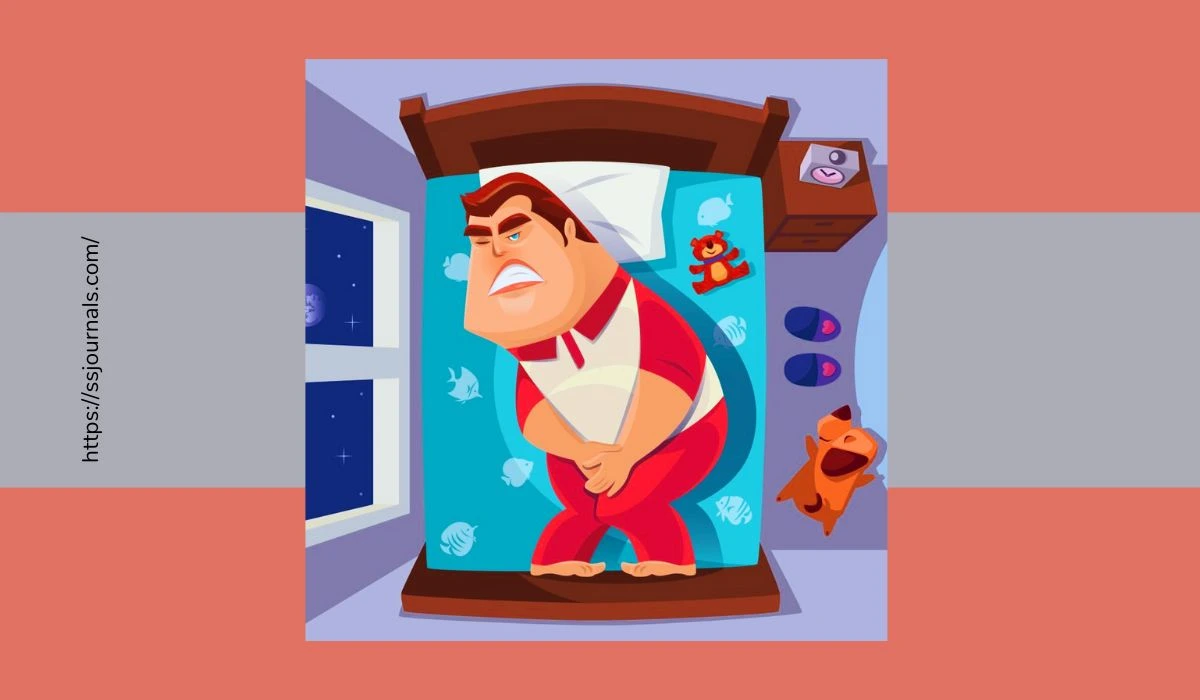Uncontrolled leakage of urine can seem very embarrassing at times. Imagine how embarrassing it is when you don’t have control over your bladder in a public place! This is a mortifying feeling.
Many of you might have faced this circumstance.
Don’t worry, it is normal!
Bladder leaks can be triggered by stress, tension, and other psychological conditions. You should learn that this condition has a medical term called Urinary Incontinence.
The several general causes of this disease, irrespective of gender, include normal aging, unhealthy lifestyles and food habits, and addictions like smoking and alcohol consumption.
Women are more prone to this disease when they undergo the childbirth process. This is due to the activity of the various birth hormones and increased pressure on the pubic bones.
On the other hand, men with prostate-related problems, be it benign or malignant, are more susceptible to urinary incontinence.
Now, let’s understand the various causes and symptoms of urinary incontinence.
Why Does The Urine Leak?
A system of tubes called ureters normally transports urine from your kidneys to your bladder.
When a signal indicating that the bladder is full reaches your brain, your bladder holds the urine. The urethra, a tube located in the penis, is then used to exit the body by passing urine.

Due to your bladder contracting too forcefully or at an inconvenient time, your bladder can leak urine.
Other causes include improper functioning of the urethra’s surrounding muscles or an overfilled bladder since your bladder doesn’t empty properly. It might also happen that you are experiencing some urethral obstruction.
Causes Of Male Urinary Incontinence
The common causes in males that result in urinary incontinence are:
▶️ Benign Prostatic Hyperplasia (BPH)
Benign Prostatic Hyperplasia, a.k.a enlarged prostate, is common among older men.
The prostate gland grows with age in males, causing symptoms like weak urine stream, frequent urination, and incontinence. The enlarged prostate can clog the urethra, making it difficult to manage urine.
▶️ Medications
Medications that are used for High blood pressure and prostate conditions can lead to urinary incontinence. Medicines like,
- Diuretics
- Sedatives
- certain alpha-blockers
These medications are strong and can affect the bladder, making you feel like using the washroom more.
▶️ Prostate Cancer
Prostate cancer can also lead to urinary incontinence in men. In some cases during treating prostate cancer, the treatment can damage the muscle or nerve, leading to temporary or long-term urinary incontinence.
▶️ Neurological Disorders
Neurological conditions can cause disturbances in the functioning of the bladder, resulting in urinary incontinence.
Multiple sclerosis, Parkinson’s disease, and spinal cord injuries can disrupt the impulses between the brain, spinal cord, and bladder, resulting in peeing more frequently rather than controlling it.
▶️ UTIs ( Urinary Tract Infections)
Urinary tract infections can lead to urinary incontinence but for a short period. UTIs can lead to irritation in the bladder, resulting in an uncontrolled urge to pee. This can cause leaks or the inability to contain urine until you reach the loo.
▶️ Obesity
As we all know, obesity is not at all good for our body and health, and now doctors say that it is also related to urinary incontinence in men.
When you are obese, your extra body weight puts additional pressure on the bladder, which weakens the pelvic floor muscles causing urine leakage. This is how obesity increases the chance of having urinary incontinence in men.
▶️ Chronic Cough
Persistent coughing, often seen in conditions such as chronic bronchitis or smoking-related lung diseases, can cause stress incontinence. The repeated pressure on the bladder from coughing can weaken the pelvic floor muscles and result in urine leakage.
What Are The Symptoms?
The few symptoms that prove you have urinary incontinence include:
- You may not hold your urine longer and will have the urge to use the washroom more.
- You may pee a little when you cough or sneeze.
- Unannounced leakage at odd moments, including during coughing and sneezing.
- Your bladder always seems full and always seems to be full.
- Your urine flow is sluggish, and the process requires a lot of effort; sometimes might even involve pain.
Conclusion
Urinary incontinence is very much treatable. You can opt for permanent cures via surgery or medications as per the suggestion of your healthcare professional.
There’s also the availability of numerous drip collectors, which can be used to prevent and absorb any leakage.
You may begin to feel worn out if you worry about leaking all the time. Your social life could deteriorate. You might even decide against leaving the house. You can alter your life if this is what it has developed into.
Identify a support system or therapist. You could also visit the physician again to check if there is an alternative you can try. Keep in mind that incontinence can nearly always be treated.

